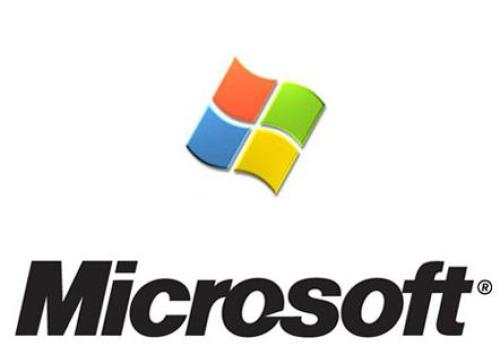
June 4 news, according to foreign media reports, the decision to get involved in the hardware area has always been a double-edged sword for Microsoft. On the one hand, Microsoft used Surface RT and Surface Pro to help launch the Windows tablet market and prompted partners to launch Windows tablet products. But on the other hand, this move also makes partners dissatisfied, because Microsoft has become their competitors.
In my opinion, developing an excellent product like the Surface Pro 3 and selling it through Microsoft stores and other retail channels, Microsoft has become a direct competitor of hardware partners. Although on the surface the partners have accepted the fact that Microsoft is involved in the hardware business, they are certainly not satisfied with this. I continue to hear news that Surface is dissatisfied with partners, but they dare not offend Microsoft because Microsoft is critical to their success, at least in the corporate market.
Panos Panay, a Microsoft executive, has said more than once that the Surface Pro 3 is designed to replace notebooks. If the Surface Pro 3 can succeed, this is really bad news for notebook manufacturers. I think Pann's statement is purely a marketing gimmick and it is ridiculous to think that Surface Pro 3 can replace the notebook. But the idea that Surface Pro 3 can replace notebooks has resonated with many corporate users. If Microsoft strongly advocates this statement, even consumers may begin to think that Surface Pro 3 is a notebook, not just a tablet with a keyboard.
For years, I've been using an iPad with a keyboard and have multiple Surface Pro hybrids, but I find that they can't replace laptops. The hybrid with a 12-inch display is suitable for some office tasks, but it is not suitable for heavy PC users. Although Microsoft has provided a docking station for the Surface Pro that can connect to large-size displays, I still think that this kind of hybrid cannot replace notebooks.
Like many people in the industry, I am skeptical of the long-term role of the tablet/mixed edition. For some users, tablets can meet all their computing needs. Apple's late chief executive Steve Jobs pointed out that the first iPad has pointed out that tablet computers are mainly used for content consumption and have little use in the office space. After the iPad was released, dozens of companies including SAP and Salesforce.com deployed iPads for office use. Tablet PCs are suitable for content consumption. Even with the keyboard, most hybrids are sold in the Windows world. This is partly due to the fact that most hybrids are more cumbersome than iPads and similar tablets.
Although equipped with a 12-inch display, the Surface Pro 3 is about the same size as the Surface Pro and thinner. Some features of the Surface Pro 3 make it suitable for use on the lap. The Surface Pro 3 is equipped with Intel Core i3, i5 and i7 models. The support for the electromagnetic pen is better than other hybrids I have used. Microsoft believes that Surface Pro 3 can really replace notebooks. One of the downsides of Surface Pro 3 is its price, even if the i3 model's starting price is as high as 799 US dollars (about 4931 yuan), with the keyboard and docking station prices will rise to about 1000 US dollars (about 6171 yuan) .
I think the bigger question for Microsoft is whether it should continue to retain hardware business. In addition to Lenovo, Microsoft's PC partners are all struggling. Microsoft is becoming its own competitor and they "have hundreds of harms and no benefits." I don't think that Microsoft's initial reason for getting into the hardware business is gone. The reason Microsoft has developed Surface is that it believes that partners cannot develop products that rival the iPad. Microsoft also has the advantage of being able to develop hardware products synchronously during Windows 8 development.
Now that Windows 8 has been released, partners have begun to design excellent Windows 8 tablets and hybrids. If partners can introduce innovative products, why should Microsoft compete with them?
In the PC field, Microsoft needs to perfect Windows 8, leaving the task of producing hardware to partners, especially Lenovo. Lenovo knows how to compete in a mature market and produce excellent hardware. Microsoft should treat them as the best partners, not competitors.
The original reason why Microsoft developed Surface no longer exists. I believe that continuing to compete with partners will have a negative impact on Microsoft's relationship with them. Although Surface Pro 3's design is excellent, I believe that Lenovo, Dell, and even HP can design better products. I think Microsoft should eliminate the Surface product line.
Shenzhen Niimoo Innovative Technology Co., Ltd , https://www.niimootech.com
![<?echo $_SERVER['SERVER_NAME'];?>](/template/twentyseventeen/skin/images/header.jpg)